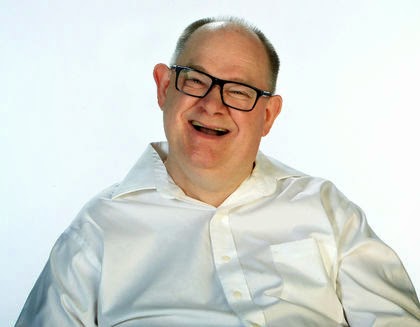How Does Granting a
Plea for Dialogue to Save Our Independence Become “Preferential Treatment”?
by
Dr. Heidi Janz
In a Calgary
Herald column which appeared on September 4, 2013, Don Braid reports:
In a long
report on clumsy and insensitive AHS handling of new homecare contracts,
there’s a startling line on page 88 that instantly rang political gongs on
Wednesday.
Some homecare providers vying for contracts, the document says, “were upset
that other service providers that had approached the Premier received
preferential treatment and in their view this option should be available to
other providers.”
The wider finding of the report, ordered up by Health Minister Fred Horne, is
that Alberta Health Services kind of forgot about the people who need home care
when it started awarding big contracts to private national companies.
That jolted AHS and led to a reshuffling of contracts, some of them away from
big outfits like Ontario’s Bayshore, and back to worthy non-profits that have
served Albertans for decades.
But the full report didn’t come to light until Wednesday … And it contained
that explosive suggestion — repeated without elaboration — that Premier Alison
Redford was somehow playing favourites behind the scenes.
Redford herself didn’t comment Wednesday. But her press aide, Neala Barton,
says the only relevant meeting on Redford’s schedule was with an Edmonton co-op
agency in June.
This was well
publicized at the time, mainly because one of the players is the remarkable Cam
Tait, blogger, and longtime Edmonton Journal writer who has been afflicted with
cerebral palsy all his life.
Now, in the interests of full disclosure, let me confess that it was I, along
with friends and fellow Creekside Support Services users Tait and founder
Larry Pempeit, who conspired to unduly influence Premier Redford to reverse a wrong-headed decision by AHS to blow up our user-run homecare services, and hand
over all control of our personal care—and, with it, practically all control
over our lives—to a big-box, for-profit homecare provider. For anyone
interested in the facts of what such
an arbitrary change in homecare provider would have meant for us, here they
are:
·
No longer were we 14 Creekside users with physical
disabilities to have any say at all in where, when, or by whom our personal care
was provided.
·
We were going to lose all of our current health care
aides—many of whom had worked with us for 10 years or more.
·
We would no longer be able to receive personal care services
outside our home. For some of us, this would mean no longer being able to go to
school or work.
·
According to the representatives of Alberta Health Services Homecare, with whom we met just five
days before we met with Premier Redford, there was no guarantee that the new
service provider would be able to provide the 24/7 care that many of us
require, and currently receive.
If any of you are surprised by any of these
facts, you’re in good company—so was Premier Redford. My own sense is that it
was being presented with the real effects
that this decision was going to have on real
people that affected the reversal of this decision.
So, to those unnamed applicants accusing us
of unduly influencing the Premier, I would simply ask this: Would the decision on who was awarded
Homecare contracts affect any aspect of your personal life, other than perhaps
the size of your bank account? Would it affect when (or if) you get up in the morning? When (or if) you can use the bathroom?
Who cleans you after you use the bathroom?
If you’ve answered “yes” to any of the preceding questions, we
owe you an apology.
If not, I’d say, you owe us one.
To keep the conversation going please click here




















